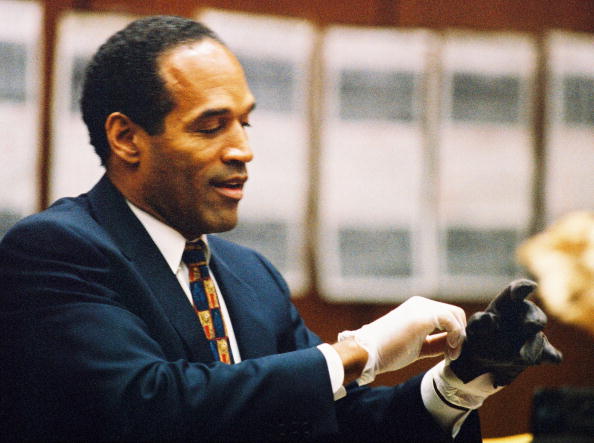The House voted Friday to slap restrictions on how Wall Street executives are paid after nine banks that took government bailout money rewarded thousands of their employees with bonuses topping $1 million each.
Bowing to populist anger and defying President Barack Obama‘s suggestion that government rely on incentives instead of intervention to curb excessive salaries and bonuses, the House passed the bill on a 237-185 vote.
“This is not the government taking over the corporate sector. . . . It is a statement by the American people that it is time for us to straighten up the ship,” said Rep. Melvin Watt, D-N.C.
Although the bill doesn’t give Obama exactly what he wanted, it advances the first piece of his broader proposal to increase oversight of financial institutions. The Senate was expected to take up the package after Congress returns in September from its summer recess.
The House bill includes Obama’s suggestions to give shareholders a nonbinding vote on compensation packages and prohibit directors on compensation committees from having financial ties to the company and its executives.
But the bill goes farther than Obama wanted by prohibiting pay incentives that encourage employees to take financial risks that could threaten the economy or viability of the institution.
Obama said giving shareholders a “say on pay” and diminishing management influence on pay packages would go far in curbing the lavish pay seen at some banks.
Rep. Barney Frank, D-Mass., who sponsored the bill, said the extra regulation is necessary to ensure bankers and traders aren’t rewarded only if they take big risks. Under the provision banning risky incentive-based pay, regulators would be given nine months to dictate precise guidelines.
If a bet goes wrong, “the company loses money and the economy may suffer, but the decision makers do not,” he said.
The vote came one day after New York Attorney General Andrew Cuomo reported that the nation’s biggest banks awarded nearly 4,800 million-dollar-plus bonuses in 2008 even as their profits dwindled and they accepted billions in government aid.
Citigroup, which is now one-third owned by the government after taking $45 billion in government money, gave 738 of its employees bonuses of at least $1 million, even after it lost $18.7 billion during the year, Cuomo’s office said.
Aware of voter outrage on the bonuses, Republicans reluctantly pushed back. They said severe restrictions should apply only to banks that accept government aid.
The legislation’s ban on risky compensation would apply to any firm with more than $1 billion in assets, including bank holding companies, broker-dealers, credit unions, investment advisers and mortgage buyers Fannie Mae and Freddie Mac.
The effect will be to force “financial institutions who did not contribute to the crisis to pay for the mistakes of others,” said Rep. Michael Castle, R-Del.
Rep. Jeb Hensarling said the government would be better off terminating the $700 billion bank bailout program established last year.
“If you quit bailing out risky behavior, Mr. Chairman, you’ll receive less risky behavior,” said Hensarling, R-Texas.
Republicans also cast the proposal as too liberal even for Obama.
Frank snapped back: “We are not taking orders from the Obama administration.”
Also on Friday, a group of 11 bipartisan senators pressed Federal Reserve Chairman Ben Bernanke to name the financial institutions that have received emergency assistance from the Fed and disclose how much help each received.
The Fed has invoked its emergency powers to provide assistance to some banks, but has not disclosed the details out of concern that the information would cause a run on the institutions.
The senators, led by North Dakota Democrat Byron Dorgan and Iowa Republican Chuck Grassley, said the information should be released now that banks are reporting profits and paying back bailout money.
















